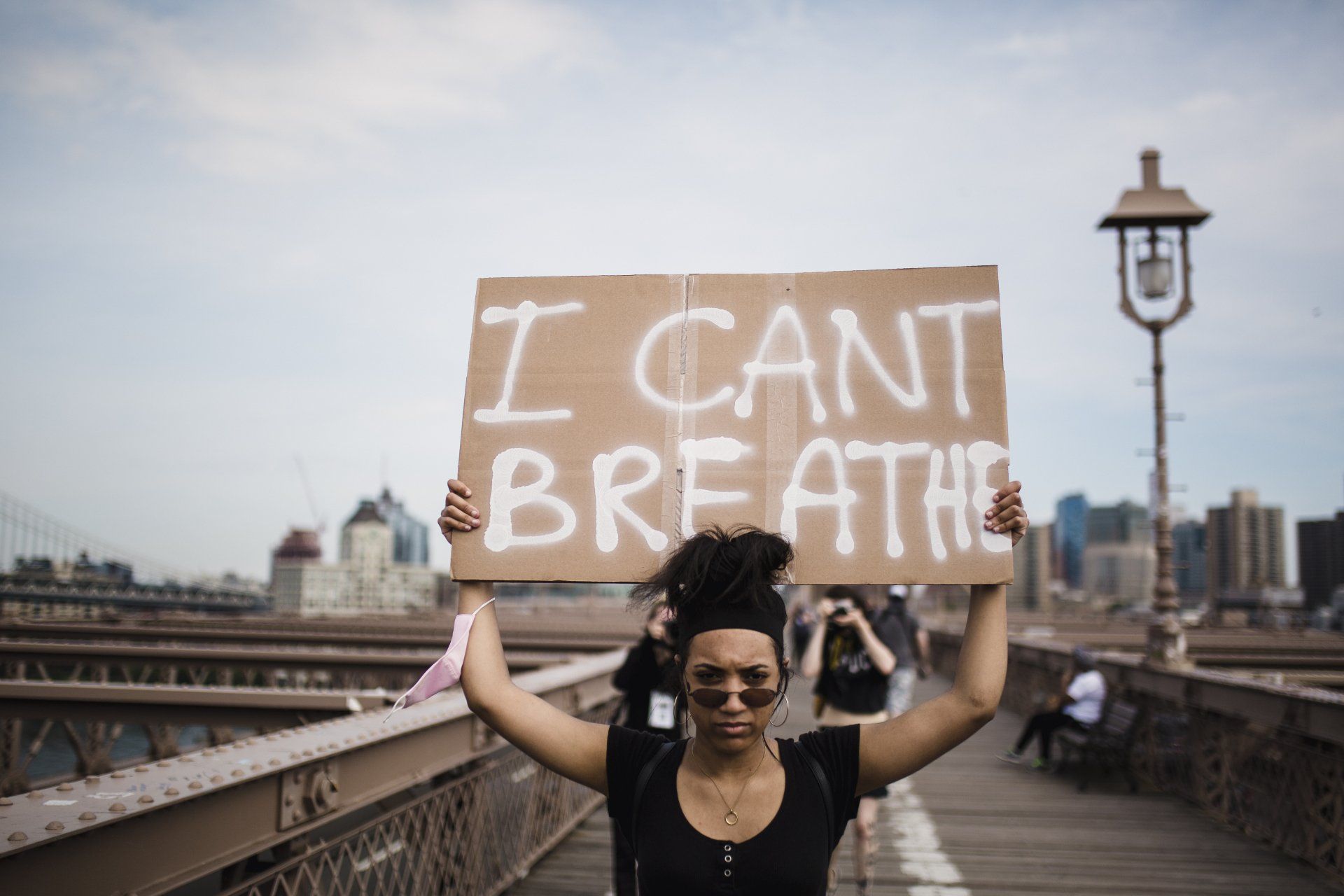Today, the Ontario Court of Appeal (ONCA) released the decision of
R . v.
Walker , 2019 ONCA 765, which is about a dangerous offender hearing that went wrong. The ONCA explains in this decision what dangerous offender hearings are, their seriousness and the importance of procedural fairness in such serious and sometimes damaging hearings.
This Is A Serious Proceeding
A dangerous offender proceeding is one of the most serious proceedings known to law. It not only asks whether a person should have a label of dangerousness attached to him or her for life, but also whether the person should be at risk of having his or her right to liberty removed for life. The seriousness of such an inquiry to both the individual and to society is beyond dispute (par. 24).
At its core, this case comes down to whether there has been a miscarriage of justice occasioned by failing to put in place sufficient procedural safeguards to ensure a fair proceeding for Ms. Walker (par. 9).
R . v. Walker , 2019 ONCA 765
Ms. Walker was facing serious violent charges, was a self-represented accused with mental, behavioural and cognitive challenges. Though this type of situation makes it more difficult for a judge and the crown to do their jobs, it does not relieve them of their obligation to consider the issue of fitness of the accused, when that issue becomes apparent during the proceedings. Whenever the fitness of an accused person seems to be an issue, it is the obligation of the participants of the judicial system to inquire into that issue. Why is that you may ask? Because it is a fundamental aspect of procedural fairness that an accused be both physically and mentally present at trial (par. 40). In addition, individuals have as much right to be present in mind at proceedings determining their liberty as they have a right to be present in mind at proceeding determining their culpability. The dignity and fairness of our justice system requires that to be so (par. 56). In this case, where Ms. Walker was facing a serious risk of being deprived of her liberty for the rest of her life, it became even more important to ensure that she was fit given the red flags that were clearly putting her fitness into question.
2 Important Issues
The ONCA addresses two important issues in this case:
- The failure to adequately explore whether Ms. Walker wished to proceed as a self-represented accused and
- He failure to explore her fitness (par. 26).
The Court finds that both issues were not properly addressed in this case and emphasizes the importance of ensuring at each step of a proceeding that these issues are constantly verified and updated. It is not sufficient to assume that just because a self-represented difficult accused person expressed at one point their willingness to represent themselves, that this should be taken as a blanket position throughout the proceedings. The issue should be revisited and especially in situations where it becomes apparent that the accused’s fitness is no longer the same.

About The Author
Maya Shukairy is a criminal defence lawyer based in Ottawa, Ontario. Before becoming a criminal defence lawyer, she worked in a Crown’s Office gaining experience working as a Crown prosecutor. Maya offers her services in English, French and Arabic. Shukairy Law has affordable rates and accepts Legal Aid certificates.
Find this post informative?
Share it with your friends and family.
CAUTION: the information on this page does not constitute legal advice and is NOT a substitute for legal advice. To obtain legal advice please refer to a lawyer. If you do not have a lawyer and you are seeking legal advice, you may contact us at (613) 670-5819.
Take a look at a few other posts...



